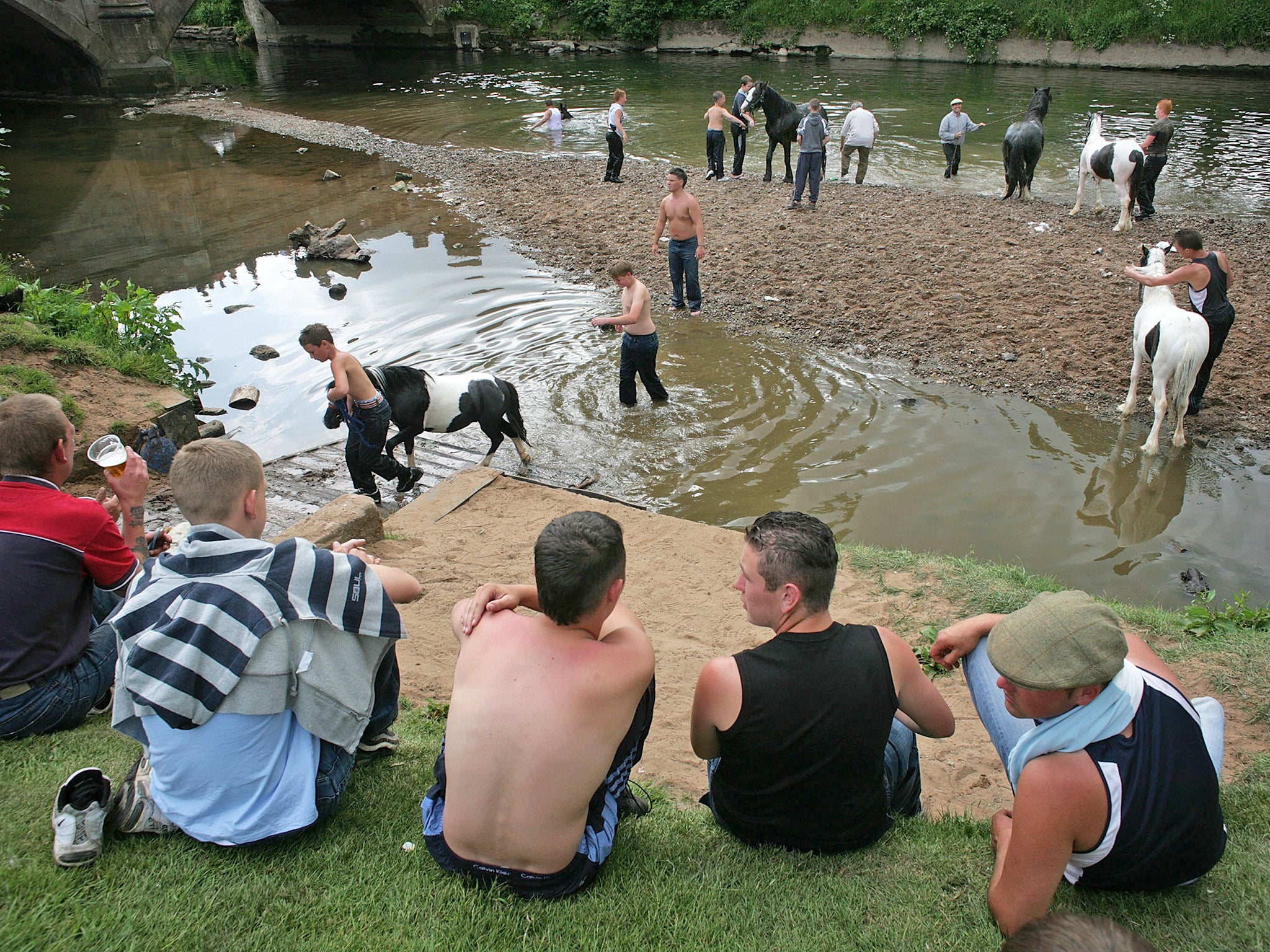Nine out of 10 gypsy and traveller children have suffered racial abuse
Discrimination against travellers is the last bastion of ‘acceptable’ racism in Britain, claims report

Discrimination against gypsies and travellers is the last bastion of "acceptable" racism in Britain, according to research published today.
Nine out of 10 gypsy, traveller or Roma children in the UK have suffered racial abuse, a study from the National Federation of Gypsy Liaison Groups and Anglia Ruskin University shows. Two thirds of children from itinerant groups have also been bullied or physically attacked and many are too scared to go to school, researchers say.
The report is the first comprehensive review of what life is like for those communities across England, Northern Ireland, Scotland and Wales.
Dr Pauline Lane, Reader in the Faculty of Health, Social Care and Education at Anglia Ruskin University, said: “In order to improve the lives of people from gypsy, traveller and Roma communities, there is an urgent need for the UK to address discrimination against these communities. At the moment, it is the last bastion of ‘acceptable’ racism and that needs to stop.”
A lack of appropriate caravan sites is having a significant detrimental impact on the community, the report says. Gypsies and travellers have been encouraged to purchase their own land but 90 per cent of planning applications made from these groups fail.
The infant mortality rate of gypsies and travellers is three times higher than the national average and life expectancy is an estimated 12 years less than the general population.
Despite the fact itinerant groups are significantly more likely to have a long term condition and suffer poorer health, gypsies and travellers use mainstream health services less than other members of the population because of practical difficulties, such as complex procedures for registering and making use of services.
The study says the Government’s failure to have a comprehensive strategy to address the groups’ specific needs means that an estimated half a million people are being excluded from wider society.
The report’s co-author, Siobhan Spencer, co-director of the National Federation of Gypsy Liaison Groups and PhD student at Anglia Ruskin, said: “We need a concrete strategy with a timeline of goals with achievable and measurable outcomes.”
Subscribe to Independent Premium to bookmark this article
Want to bookmark your favourite articles and stories to read or reference later? Start your Independent Premium subscription today.

Join our commenting forum
Join thought-provoking conversations, follow other Independent readers and see their replies